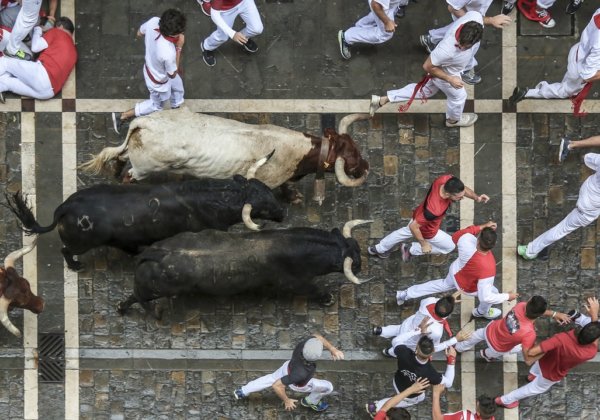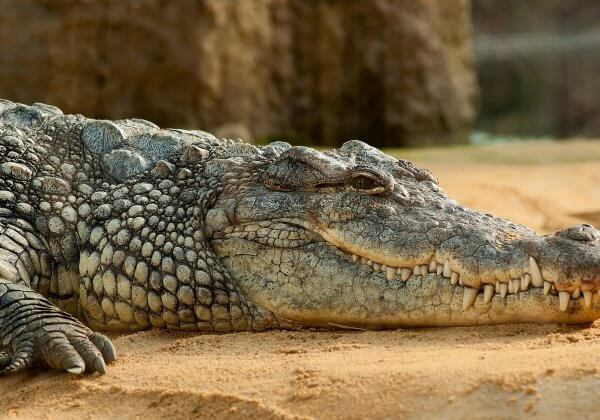Victory! Saint Laurent and Brioni Go Fur-Free After PETA Push
Big news: Kering Group is ending fur sales across all of its brands following decades-long campaigning by PETA entities. This means that Saint Laurent and Brioni are joining Bottega Veneta, Gucci, Alexander McQueen, and Balenciaga in going fur-free.
 © Jeremy Hynes / Unsplash
© Jeremy Hynes / Unsplash
This Victory Was Years in the Making
Nearly two decades ago, Kering started removing fur from its brands when Bottega Veneta went fur-free. Since then, PETA entities have kept the pressure on the company to drop fur from its other brands.
 © Michel Pourny
© Michel Pourny
In 2020, during the COVID-19 stock market downturn, PETA US became a Kering shareholder and took the fur-free campaign to the boardroom. Ahead of Kering’s 2021 annual meeting, actress Gillian Anderson penned a letter on behalf of PETA US to CEO François-Henri Pinault urging the fashion titan to enact a company-wide policy banning fur. Then, in March, Kering confirmed that Alexander McQueen and Balenciaga were officially fur-free.
Thank you to the more than 100,000 supporters of PETA entities who sent letters to Kering!
Fur Is Dead
As PETA exposés show, many animals killed for their fur spend their entire lives in cramped cages, where they frantically pace back and forth, gnaw on the cage bars, and even resort to self-mutilation. They’re often killed by gassing, electrocution, drowning, or poisoning, and some are even skinned alive.
Hundreds of top designers and retailers – including Armani, Prada, Chanel, Gucci, Donna Karan, Michael Kors, Maison Margiela, and Versace – have dropped fur.
The Fur Industry Is Killing Us and Our Planet
Fur is treated with chemicals such as formaldehyde and chromium to prevent it from rotting, making it one of the least sustainable materials in fashion.
An independent study found that, compared with other materials, fur has a higher environmental impact on 17 out of 18 factors tested, including its contribution to climate change and toxic emissions.
Filthy fur farms have led to outbreaks of COVID-19, and virologists and epidemiologists confirm that cramming sick, stressed animals together in unsanitary conditions creates the perfect breeding ground for dangerous zoonotic diseases.
Who’s Next?
Alexandra Australia is telling customers that fur production is ethical. We’re not buying it – are you?
Alexandra Australia sells many fur items on its website – including jackets, vests, shawls, and keyrings – claiming that these items are “sourced following ethical guidelines”. But fur production can never be ethical.
The company is aware of all this yet still continues to sell fur. Animals need your help. Will you join us in letting the company know that fur production can never be ethical and asking that it stop selling the material?







